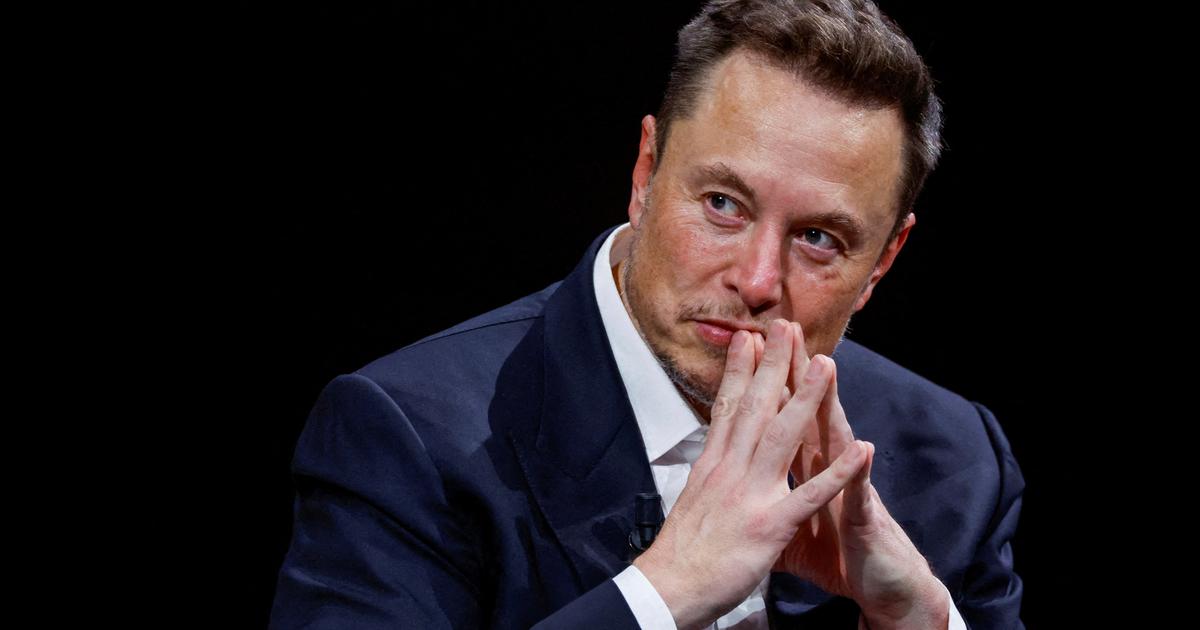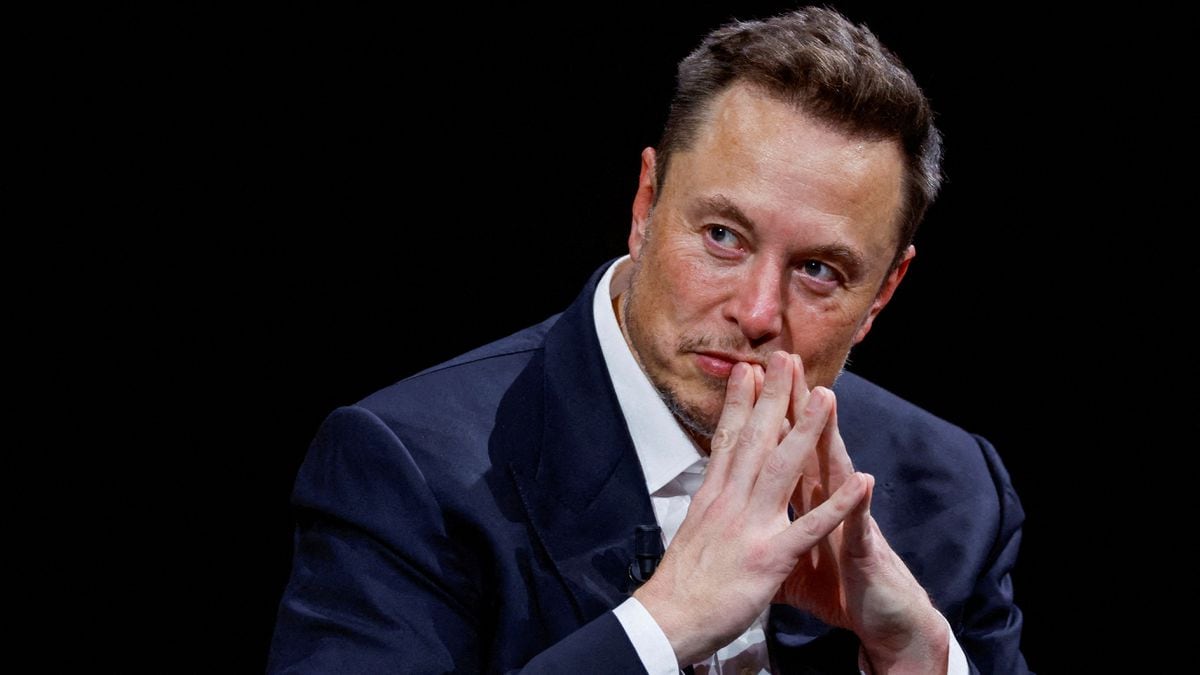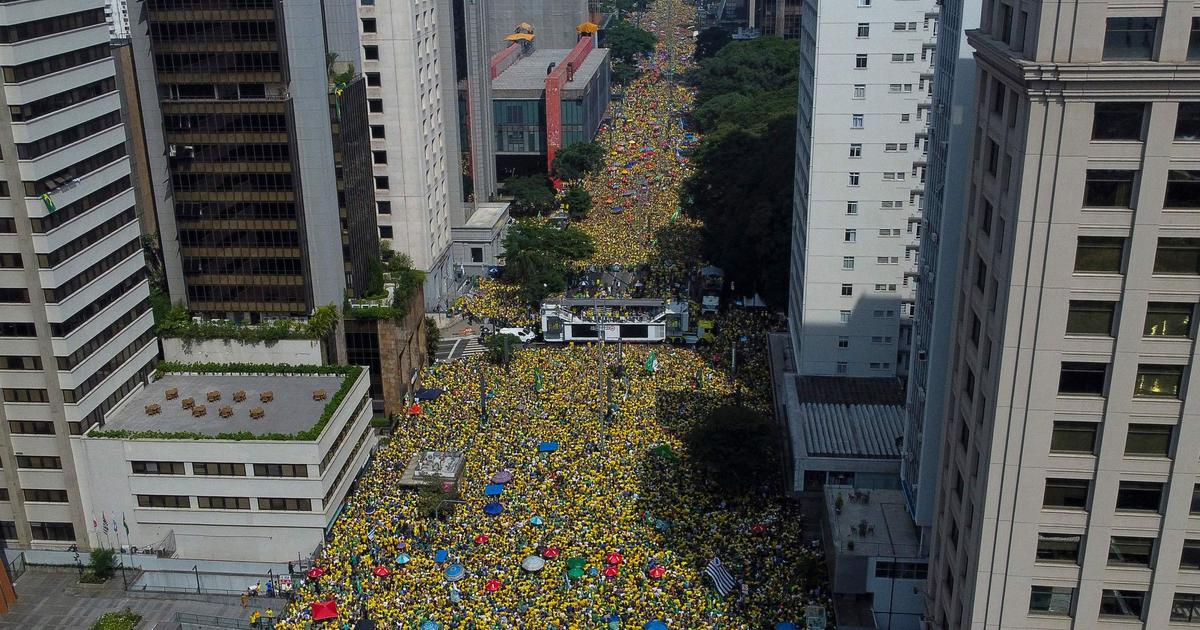Two employees of the electoral authorities carry electronic ballot boxes to a voting center this Thursday in Brasilia. Eraldo Peres (AP)
Undoubtedly, the great stars of these elections in Brazil are the duo formed by Luiz Inácio Lula da Silva and Jair Bolsonaro, the favorites to obtain a third or second term.
But one of the characteristics of this dispute is that they share prominence with the electronic ballot boxes, to which 156 million Brazilians are summoned this Sunday, and the Superior Electoral Court (TSE), the arbiter of the elections that endorses the electoral result.
If Bolsonaro went from undermining confidence in the voting system, as now, to openly answering a hypothetical defeat outside official channels, the court would be in the center of all eyes.
President Bolsonaro is giving work to the electoral court in his effort to mix his roles as president and candidate for re-election for the Liberal Party.
The judges have prohibited him from continuing to broadcast live on Facebook from the seat of the presidency or his official residence during the campaign.
And the far-right leader has had to move the recordings to another place.
The court has spent months defending the integrity of the voting system and has embarked on a transparency effort to dispel any doubts.
The fact that the electronic ballot boxes that have been used for 25 years and that have never suffered a fraud worth taking into account do not give the voter a receipt of the direction of their vote is at the origin of Bolsonaro's suspicions.
It matters little to him that Congress only a few months ago rejected the attempt to introduce that paper receipt.
He continues to spread doubts that have permeated millions of his followers and have triggered mistrust.
That campaign is considered part of a strategy to question the result in case he loses to Lula.
The greatest fear is that his followers will mobilize in protest and, following in the footsteps of Donald Trump in the United States, carry out violent acts.
Many Bolsonaristas are convinced that the judges will manipulate the count to propitiate a victory for the leftist Lula.
Showing the room where the results arrive, the president of the electoral court, Alexandre de Morais, stressed to a visiting delegation that "it is not secret or obscure."
In the group, the defense minister and the leader of Bolsonaro's party, among others.
The latter presented a dossier riddled with suspicions without evidence that notably irritated the TSE judges.
Morais, who is also one of the 11 Supreme Court judges, has been one of the main targets of Bolsonaro's anger and his most radical followers during this term.
A year ago he even called him a "scoundrel" while he harangued a crowd and promised not to abide by his decisions.
He had to back down.
He toned it down for a season, until the next round.
In its effort to be transparent, the court has invited
hackers
to try to attack the system, as in other elections.
None have made it.
He also created a transparency commission to which he invited the Armed Forces along with representatives of civil society.
The high command of the Army has decided that on Sunday night it will continue with the rite of recognizing the announcement of the winner that will be made by the Superior Electoral Court, in Brasilia, according to the newspaper
Estadão
, which adds that the information is being transferred to the troops .
The newspaper also says that the military are going to remain outside the audit of the votes.
The tug-of-war between Bolsonaro and the judges, whether via judicial rulings and appeals, or verbally with more or less subtlety, are constant.
The Judiciary, especially the Supreme Court, has been the great counterweight to President Bolsonaro's anti-democratic threats, sometimes exceeding his authority.
Brazilian politics revolves around gestures as well as classic behind-the-scenes negotiations.
The inauguration of Morais, the judge who presides over the electoral court during the elections, this past August was a meeting of the living forces that lead the three powers in Brazil.
The Lula-Bolsonaro duo also attended, which this Sunday will be measured at the polls.
Although both have been in politics all their lives, the president and the previous president had never met.
It was the first time they had met face to face in person.
Later they have been seen in two debates.
Subscribe here
to the EL PAÍS América newsletter and receive all the key information on current affairs in the region.

/cloudfront-eu-central-1.images.arcpublishing.com/prisa/S3AIDRYULLR5SZDZJK2ECF7D2Q.jpg)







